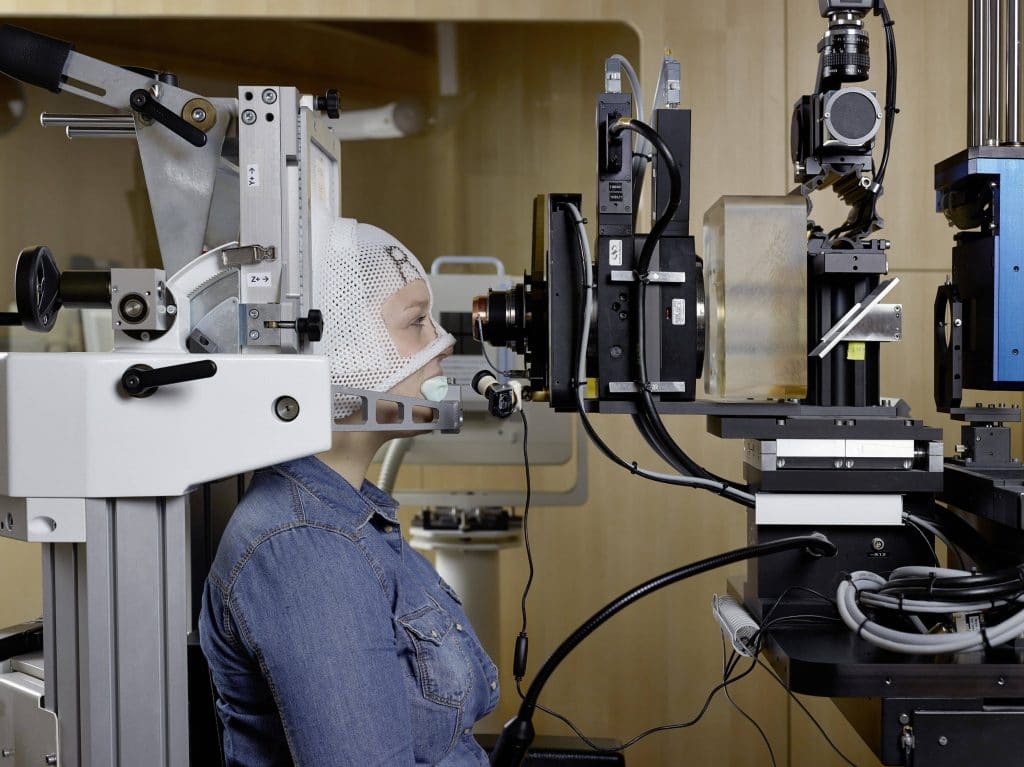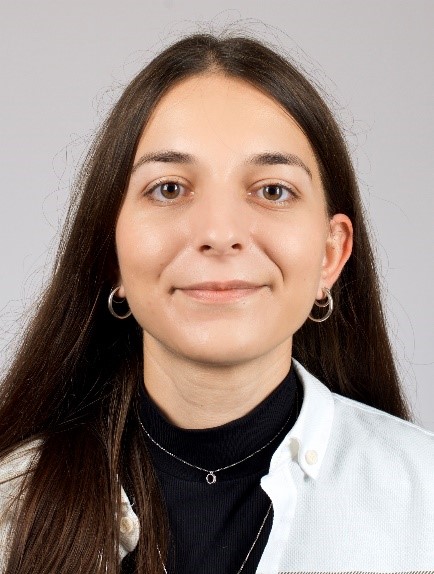Plan approval for daily plan adaptation
Planned secondments: MGH (Boston-USA), University of Aarhus (Denmark).
Project description
On-line adaptive proton therapy will require the rapid assessment of new proton treatment plans.
The current method of visualizing plans using planar dose distributions and dose volume histogram (DVH) curves is not the optimal method for rapid dose comparisons.
The primary objectives of this project are (i) to develop rapid and automatic quality assurance tools to assist the plan approval process and (ii) to develop novel methods of detecting and visualizing plan changes.
However, to speed-up the approval process, during the on-line phase, only a selected number of essential quality assurance checks can be performed. Thus, the development of an off-line review module is a fundamental step in an on-line adaptive workflow . The second objective of this study is therefore to define an off-line review module, determine appropriate clinical thresholds triggering a major plan adaptation.
Finally, the validation of the full approval workflow in a clinical environment will be performed.
The project will be mainly carried out at the Center of Proton Therapy (CPT) at the Paul Scherrer Institute (PSI), supervised by Dr Francesca Albertini. The PhD degree will be awarded by the Swiss Federal institute of Technology Zurich (ETH Zurich), under the supervision of Prof Antony Lomax.
The CPT is the world leader in the development and clinical implementation of pencil beam scanning and Intensity Modulated Proton therapy , both of which have been pioneered at PSI. The PSI is the largest research institute for natural and engineering sciences within Switzerland. Cutting-edge research in the fields of matter and materials, energy and environment and human health are there performed. ETH is one of the universities in Europe which focuses most intensively on research. As such, the PSI in combination with the ETH provide a unique possibility to combine high level of research with technological developments and transferable skills.
For more information concerning the research project please contact: Francesca Albertini


Choulilitsa Evangelia
Early-Stage Researcher at Paul Scherrer Institute – PSI
My name is Evangelia (Eva) Choulilitsa, I am 25 years old, and I was born in Athens, Greece. I am doing my PhD at Paul Scherrer Institute in Switzerland, under the supervision of Dr. Albertini Francesca. I hold an MSci in Applied Mathematical and Physical sciences and an MSc in Physics and Engineering in Medicine. My hobbies include playing music, practicing yoga, going for hikes but most importantly, travelling to see my favourite music bands live!
I was always interested in Medical Physics, and more specifically in proton therapy. Hence, I am really excited to work on a project which has as a main goal the support of the approval process of the daily plan, i.e. the plan which is adapted to the daily anatomy of the patient. This will be done via the development of rapid quality assurance tools, as well as through the creation of a comprehensive review of the whole treatment, which will take place when the patient is not being treated.
One of the main reasons that lead me to this PhD is the fact that the findings of this project are going to be clinically implemented. At the same time, working at an institute with a proton beam facility, gives me the opportunity to be directly exposed to the current needs of the proton therapy workflow. This, combined with the available state-of-the art technology, creates the necessary fertile ground for innovative and robust solutions.

Paul Scherrer Institut
PROJECT BENEFICIARY
The Center for Proton Therapy CPT at the Paul Scherrer Institute PSI is the world leader in the development and clinical implementation of Pencil Beam Scanning (PBS) and lntensity Modulated Proton Therapy (IMPT), both of which have been pioneered at the PSI.


